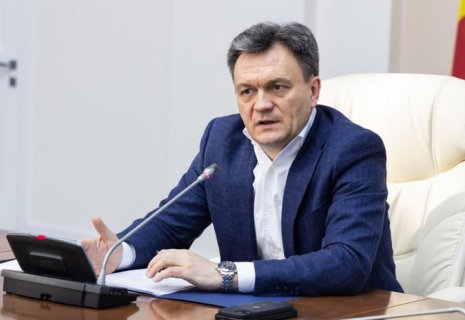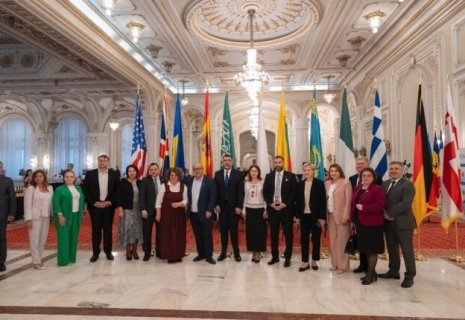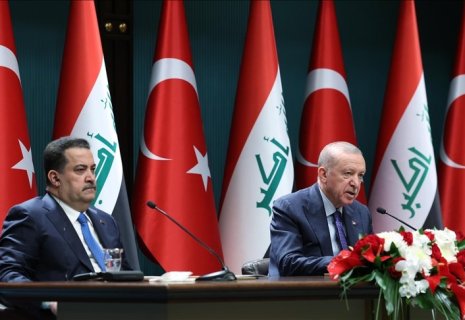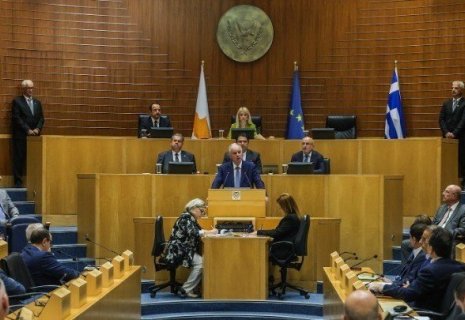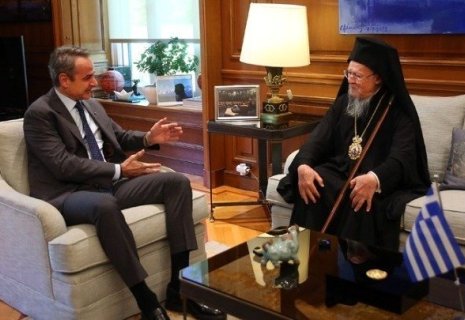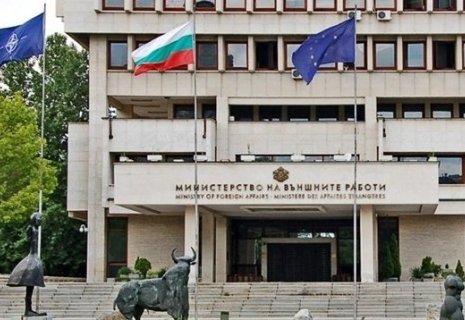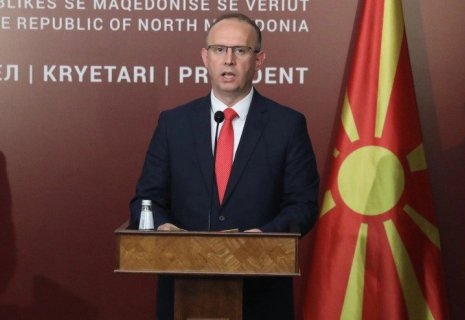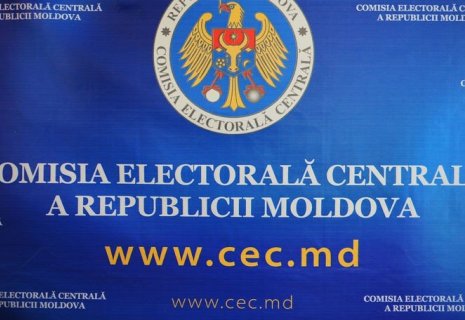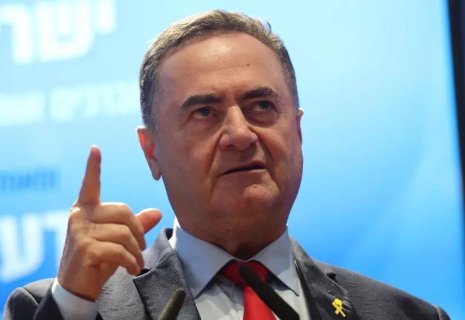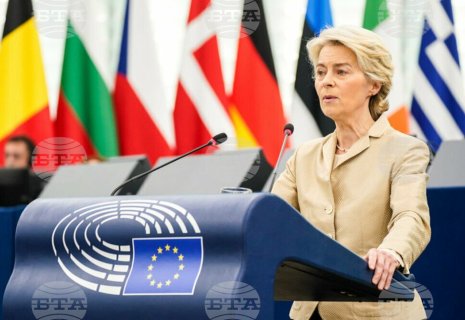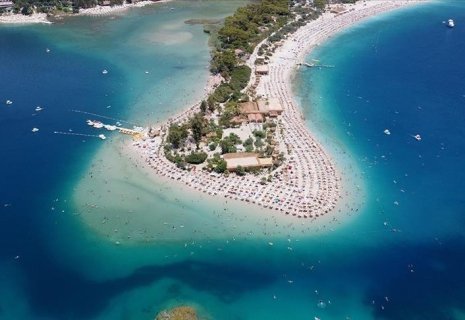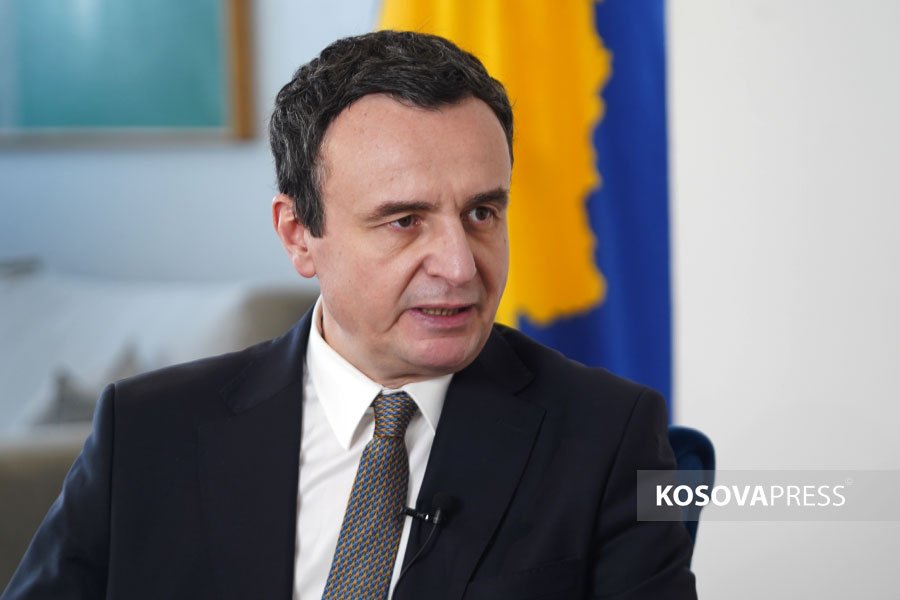
Kosovo leader accuses Serbia of using criminals to destabilize region
Kosovo's Prime Minister, Albin Kurti, declares that he is optimistic that Serbia will hand over the chief terrorist Milan Radojičić if the West sanctions Serbia's destructiveness. According to him, this is the way to deal with Belgrade, but he emphasizes that Kosovo has no leverage to use against Serbia, CE Report quotes Kosova Press.
In an interview with KosovaPress, Kurti added that Kosovo's intelligence and other security institutions are vigilant towards Serbia due to its destabilizing intentions, and he is confident that "such attacks cannot be planned in Kosovo anymore, nor can they be initiated from within Kosovo."
Regarding the Serbian-Russian disinformation directed at the country and the Government of Kosovo, Kurti says these are slanders in line with their imagination.
"They constantly slander according to their imagination, and they would like there to be an attack against Serbian civilians so they can use it as a pretext for their military aggression, but since this does not exist, they intensify their propaganda. The increase and pushing of their propaganda is proof that it is failing, and that’s why the intensity is growing," says Kurti.
During this government mandate, Kosovo faced two major attacks in the north of the country: the aggression in Banjska, Zvečan, and the terrorist attack in Ibër-Lepenc.
Regarding the first, where police officer Afrim Bunjaku was killed, responsibility was claimed by the INTERPOL-wanted Milan Radojičić. Kurti says "he has the conflict in freedom."
"Criminals like him have conflict as freedom. When there is no conflict, they feel threatened, peace doesn’t benefit them. Criminals thrive in conflict, unrest, destabilization, insecurity, war, and bloodshed. In those moments, they feel free, which is why they develop sporadic terrorist actions, which are also an expression of their impotence since they do not control the north of Kosovo. All they can do is plan attacks that harm and damage us," he says.
Finally, Prime Minister Kurti stated that Radojičić has engaged two known Serbs, nicknamed "Mami" and "Gandi," for attacks in the north.
"Of course, Serbia's president uses criminal Radojičić, but in my belief, little Putin in the Balkans, Vučić, also has his little Prigozhin in the Balkans, Radojičić, who is no stranger to the Serbian state tradition, as he resembles the new Arkan. Just like Slobodan Milošević had Zhel Korazhnjatović, Arkan, the paramilitary leader of the genocidal Tigers in Croatia, Bosnia, and Kosovo, now Serbia’s president, Aleksandar Vučić, has Milan Radojičić and others who have turned into criminals and terrorists with those nicknames like ‘Mami,’ ‘Gandi,’ ‘Merri,’ ‘Perri,’ and so on—people who don’t honor any society or nation," he adds.
He also talks about how the West can exert its influence on Serbia.
"I remember very well the date January 20, 2023, when Serbia's president accepted the basic agreement and said he was doing this for two main reasons. First, because he does not want Serbian citizens to return to the visa regime, and second, because he cannot lose 100,000 German jobs in Serbia... So, the threat he experienced from the West regarding sanctions, whether with the return of the visa regime or the loss of foreign investments, he publicly conveyed to the Serbian people. I believe this is the way to act with Belgrade; if the democratic West seriously sanctions Serbia’s destructiveness, then I am optimistic that Milan Radojičić will also be handed over to us soon, but we do not have leverage against Serbia like the West does," Kurti says.
While stating that Serbia can no longer plan attacks in Kosovo, Kurti emphasizes that this makes it harder to track them.
"We are very vigilant these days, because there is no month without some attempt. Their last attempt was on November 29, when they severely damaged, but not irreversibly, the Ibër-Lepenc canal. Now our security organs and intelligence are monitoring very closely any information that may tell us something about their next attacks, but I know one thing: those attacks cannot be planned in Kosovo anymore, they cannot be initiated from within Kosovo. They are attacks that always come from Serbia and are organized there. On one hand, this shows that we have been successful, but on the other hand, it makes it harder to track them because we cannot intercept information in Serbia as we can in Kosovo... The relevant security institutions make the proper assessment, but we can never relax as long as the criminal Radojičić and other paramilitaries of his terrorist group are free in Serbia," continues Kurti.

